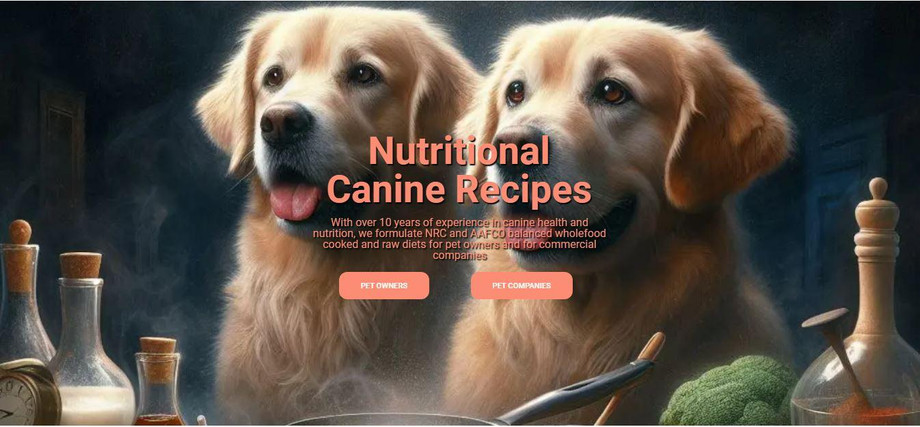In the realm of pet nutrition, the discourse surrounding grain-free and grain-inclusive diets for dogs continues to captivate owners seeking the best for their furry companions. Let's delve into the origins, controversies, and expert insights shaping this ongoing debate.
The Emergence of Grain-Free Diets: Origins and Trends
The grain-free movement in canine nutrition traces its roots to the belief that dogs, as descendants of wolves, thrive on meat-centric diets. Advocates argued that eliminating grains like wheat, corn, and soy could align better with a dog's evolutionary dietary preferences. Consequently, grain-free diets gained traction, often substituting grains with alternative carbohydrate sources such as legumes, peas, and potatoes.
Navigating Concerns: Dilated Cardiomyopathy (DCM) and Beyond
However, recent years have seen a shadow of concern cast over grain-free diets due to potential associations with Dilated Cardiomyopathy (DCM), a serious heart condition in dogs. Investigations by regulatory bodies like the FDA have highlighted a possible link between certain ingredients in grain-free diets and the development of DCM. Yet, conclusive evidence remains elusive, emphasizing the complexity of nutritional choices for our four-legged friends.
Balancing Act: Unveiling the Nutritional Value of Grains
Contrary to popular belief, grains can offer a plethora of nutritional benefits when incorporated thoughtfully into a dog's diet. Whole grains like rice, barley, and oats provide essential carbohydrates for energy, along with dietary fiber crucial for digestive health and weight management. Additionally, grains supply vital nutrients such as B vitamins, iron, and magnesium, contributing to overall well-being.
Personalized Nutrition: Tailoring Diets to Individual Needs
The key takeaway from this debate is the importance of individualized nutrition for dogs. Factors including breed, age, size, activity level, and existing health conditions all influence the ideal dietary profile for a canine companion. Consulting with veterinary professionals ensures that dietary decisions are well-informed and tailored to meet the specific needs of each dog.
Empowering Responsible Pet Ownership: Takeaways and Actions
In conclusion, the grain debate underscores the need for vigilance and informed decision-making in pet nutrition. Responsible pet owners are encouraged to consult with veterinarians, carefully read food labels, consider their dog's overall health and lifestyle, monitor for adverse reactions, and stay updated on the latest research developments.
Prioritize your dog's health by staying informed about the latest research in canine nutrition. Consult with a veterinarian to ensure your furry friend receives the best dietary care tailored to their unique needs.

